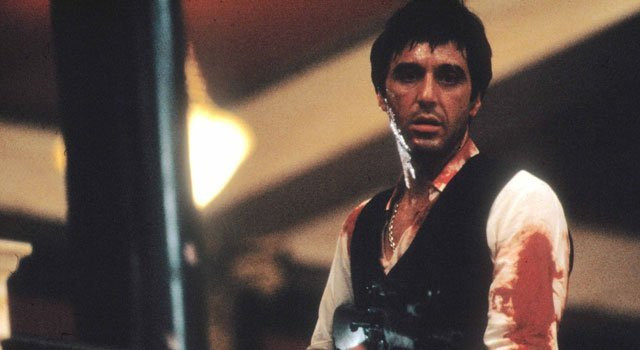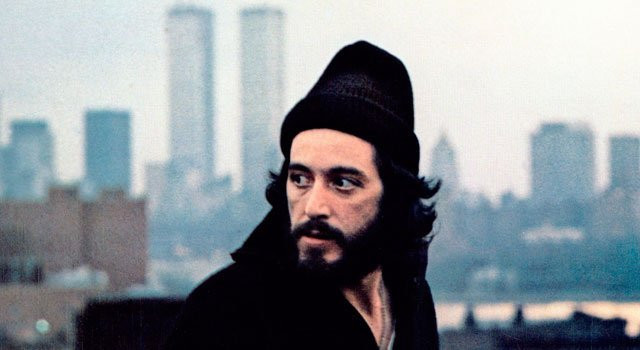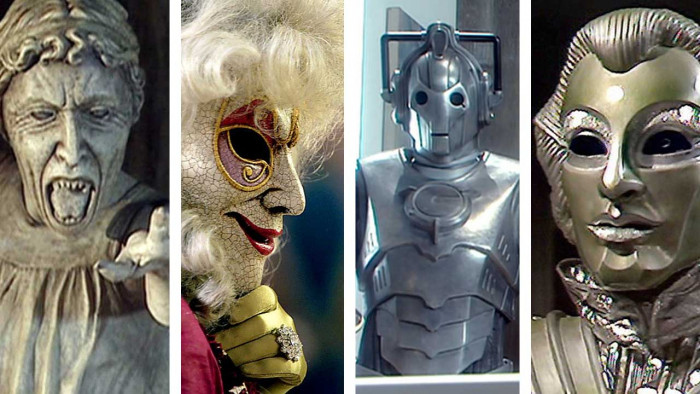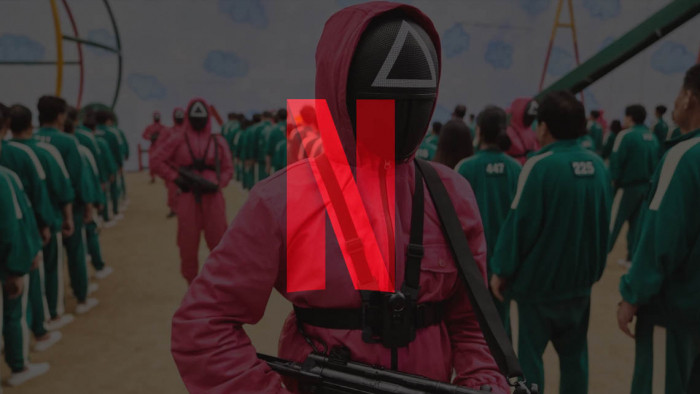What’s it like to be Al Pacino? ShortList’s Andrew Dickens meets him to find out
Fame: it’s a funny old thing. Craved by some, feared by others, you have no idea what it’s like until you have it – and then it’s too late to do anything about it.
You can’t dodge it. That just makes you a famous recluse. There are the levels of fame, too. The 15-minuters, the reality stars, the household names, the local heroes, the global superstars. And then there’s the Al Pacinos, like the Al Pacino sitting opposite me now. That’s something else.
As Irene Cara’s Oscar-winning song Fame, from the legwarmer-promoting film of the same name, begins: “Baby, look at me and tell me what you see.” Pacino hasn’t said this, but let’s pretend he has.
I see a charming, deeply tanned man, who’s so relaxed that his shirt and vest are competing to see which can travel lowest down his chest while remaining decent.
I see a man doing his best to make extravagant jewellery on older men OK again in a post-Savile world.
But I also see the collection of cells and neurons and hair (lots of hair) that is among the most famous, most discussed, most impersonated, of the last half century. It’s a level of fame incomprehensible to almost everyone. So, what’s it like, you know, being Al Pacino?

FAME GAME
“I have to say, you’d think I’d have answers, but I have fewer answers than you’d think,” he says in a voice that seems to have dropped an octave and gained a decibel for each year since his slightly squeaky breakthrough in 1972’s The Godfather. “I’ve long since stopped thinking about the pros and cons of that. I just think that things happen and either you adjust to them or you don’t. A lot worse things could have happened to me in my life. Several times I thought my life was going to be over, that I wouldn’t even be here. So there’s that. But I think anonymity is something that all people share but don’t understand, until you lose it – then it has some sort of meaning, then you can see it and put it in its place and understand that there’s a value to it. But then you get yourself organised and adjust. And we all have a taste for attention. We all like to be acknowledged and respond to being appreciated. That’s one thing. To be so visible? That’s another.”
Was that a slightly crude question to ask? It’s like asking Jay-Z what it’s like to have more money than some countries. But it turns out he’s very happy to answer – openly and at great length.
“When I started out,” he continues, “everything was happening. I was wearing wigs, I was being chased down the street, but if someone asked me if I was me, I had to say, ‘Yes, I’m Al.’ It makes me feel funny not to, because that’s who I am. I even said to my daughter, maybe it’d be easier for her to use another name, but she said: ‘But that’s who I am.’ You can’t argue with that. You’re dealt a certain hand. Though I still feel, as a father, it would be better for her, in her young life, to try another name, so she’s not identifiable.”
I've made mistakes when I've taken things on for the wrong reason
THE BOSS
Pacino is famous, of course, for making films. You don’t need to be told that. Not just any films, but some of the greatest films of all time. Films he starred in, led, bossed. In the Seventies, he couldn’t stop making them: The Godfather, The Godfather Part II, Serpico, Dog Day Afternoon (“The Seventies are a bit of a blur. It was like being shot out of a cannon”).
Then came Scarface in 1983 and, after a self-imposed four-year break from feature films between 1985 and 1989, the Nineties produced Glengarry Glen Ross, Carlito’s Way, Donnie Brasco, (criminally) his only Oscar for Scent Of A Woman and the much-awaited on-screen pairing with Robert De Niro in Heat.
Pacino and De Niro; there’s a right pair. The two hit the public consciousness almost simultaneously, like two Italian-American shotgun blasts: Pacino in The Godfather, De Niro in Mean Streets the following year.
Since then, no names in the acting world have held more weight, hence the pre-Heat hype. For more than two decades they’d been the double act that wasn’t, with a Beatles/Stones-style rivalry built up in the press that, like most similar rivalries, also wasn’t.
“How would there be competitiveness?” he says. “I guess it’s a different thing when you’re an athlete, I don’t know. When you’re an actor, you’re appreciative. True, I guess when somebody’s offered a film that you want to do, there’s got to be rivalry to some degree. But you do what you do, trusting your instincts. I’ve made certain, what I believe are mistakes, when I’ve taken things on for the wrong reasons, but you want to get to work. I heard Paul Newman say this once, ‘If you’re just sitting around waiting for that script, you’re going to be sitting around a long time.’ So sometimes you’re trying to escape turmoil in your life or whatever, and there’s a place you can go to and play someone in the Foreign Legion. You might want to go do it and say, ‘We’ll make the script work later.’ Usually you take the film because of the role, not because it’s going to up your ante.”

A RIGHT HOO-HA
Despite being part-man, part-legend, part-historical artefact, it’s fair to say that, like De Niro, Pacino’s ante is not what it once was. The truly great films have eluded him in recent times, and, for a while, even the quite good ones did, too. For many people, it was almost as if Pacino had become a caricature, the guy who says ‘Whaddya got?’ and ‘Hoo-ha’ and ‘Say hello to my lil’ friend’, all really loudly.
Al Pacino wasn’t playing characters any more. Al Pacino was there to sell films, but overwhelmed them. Al Pacino was too big. Al Pacino was Al Pacino. Strangely, impressively, he doesn’t completely disagree.
“Yeah, I mean that happens,” he says. “It becomes a De Niro film, a Marlon Brandon picture. Some movie stars have these iconic roles that the audience wants to see them in and hence you have the Bogarts of the world, the Cary Grants. At one point you let that go. You say, ‘Well, there’s a certain style.’ Want to listen to Sinatra? You’re going to get a certain feeling. It’s an interesting question, but at the same time, you don’t overcome that. If I wanted to answer that question in a way that’s as honest as I can, I would sit down with you and say, ‘Let’s go over about 10 or 12 roles I’ve played and let’s discuss which are the ones that identify me.’ It would be interesting. These things certainly don’t concern me. What concerns me is what happened to my character in The Humbling [his recent film about a fatigued actor] – losing desire and appetite as an actor. That would concern me, if I didn’t have any desire to do it any more.”
Has he ever gone off it, even for a short time? “I never thought about it, I just did. I wasn’t doing movies from ’85 to ’89 and it didn’t bother me at all. Actually, it was a very good time in my life. It helped me to understand and adjust to some of the things that I was going through. I enjoyed my life. I was working, doing little things. I made a little movie on my own without trying to release it [The Local Stigmatic, an adaptation of a Heathcote Williams play]. I did some projects off the beaten track and then I came back because I thought I was still marketable. And I needed the money. Very simple.”
Recently, things have looked brighter for Pacino. The performance in The Humbling and one as an ageing rock star in Danny Collins have received warm reviews.
His latest film, Manglehorn, sees him play an ex-con-turned-locksmith who obsesses over past mistakes – and his cat. It’s arguably his best performance in years, perhaps because he’s gone small; playing a quiet, introspective and antisocial man.
You won’t get any catchphrases from this film. Quoting Irene Cara again, it might not be a case of “you ain’t seen the best of me yet” – because, in Pacino’s case, that would be quite some claim – but he might just “make us forget the rest”. The rest being the crappier films, see? You get the gist.

LIVING LEGEND
Whatever happens, Pacino is “gonna live forever” (last one, promise). The cells, neurons and hair might be mortal, but the name – and probably the tan – isn’t.
That’s the nature of being an Al Pacino. While people have eyes, his films will be watched. This makes it all the more ironic when, in Manglehorn, it’s his mouth that utters the words “we’re all invisible”. He’s clearly not. But does he sometimes wish he was?
“How you gonna keep ’em down on the farm once they’ve seen Broadway?” he says, paraphrasing, apparently, a well-known First World War song from the US. “It’s a tough one because I have access and have friendliness everywhere I go. Why would I want to give that up? I had many years of anonymity. I’ve seen the other side of things and I am grateful for it. It’s given me perspective. I take things with a grain of salt. I understand that this is a world, but it’s not quite the real world. I’ve known the real world, and I like this world, too. I don’t like it better or worse, I think it’s just another part of life and I’ve grown accustomed to it. I used to play paddle tennis, to get into shape. This is maybe 20 years ago. We had a team of doubles and all of the players had their last name across their chest. I had my name across my black shirt: PACINO. So I leave this place I was living in, down by the water in LA, and I’m walking down the block on my way to a game. This middle-aged woman with a dog walks by and she sees me, and she sees my shirt, and she looks at me, and she says, ‘Oh, purlease!’”
With this he laughs. A big booming, thigh-slapping belly laugh. A ha-ha, not a hoo-ha.
Manglehorn is at cinemas nationwide from 7 August
(Images: Rex; CURZON)
Latest
Related Reviews and Shortlists


The best Doctor Who episodes, ranked









